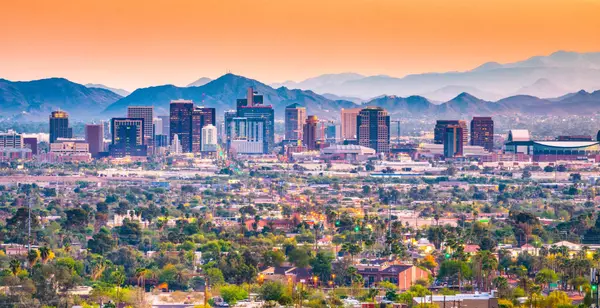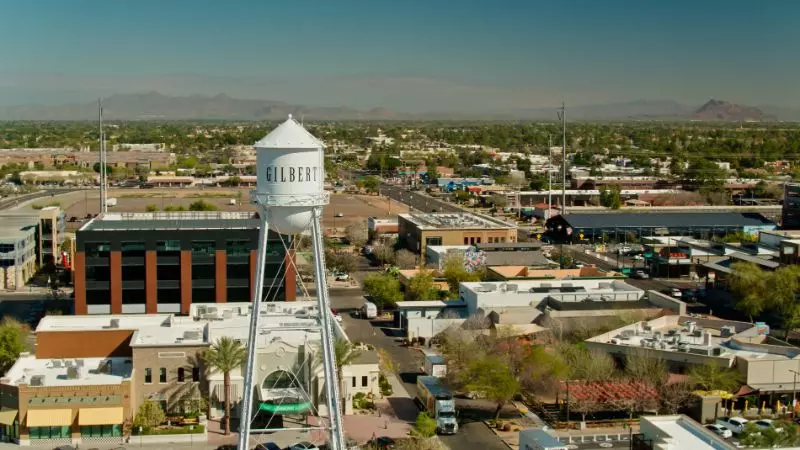CLIENT TESTIMONIALS
Monica Lucas, Top Phoenix Metro REALTOR®
Our team offers expert guidance and personalized service to make buying, selling, or investing in property smooth and stress-free. With deep market knowledge and a commitment to clear communication, we focus on achieving your real estate goals efficiently and effectively.
- $60,000,000+Value of Real Estate Sold
- 58+Number of Properties Sold
- 20+Five Star Reviews
- $450,000Average Listing Price
MY BLOGS

GET MORE INFORMATION
Follow Us
PHOENIX METRO PROPERTY SEARCH
















